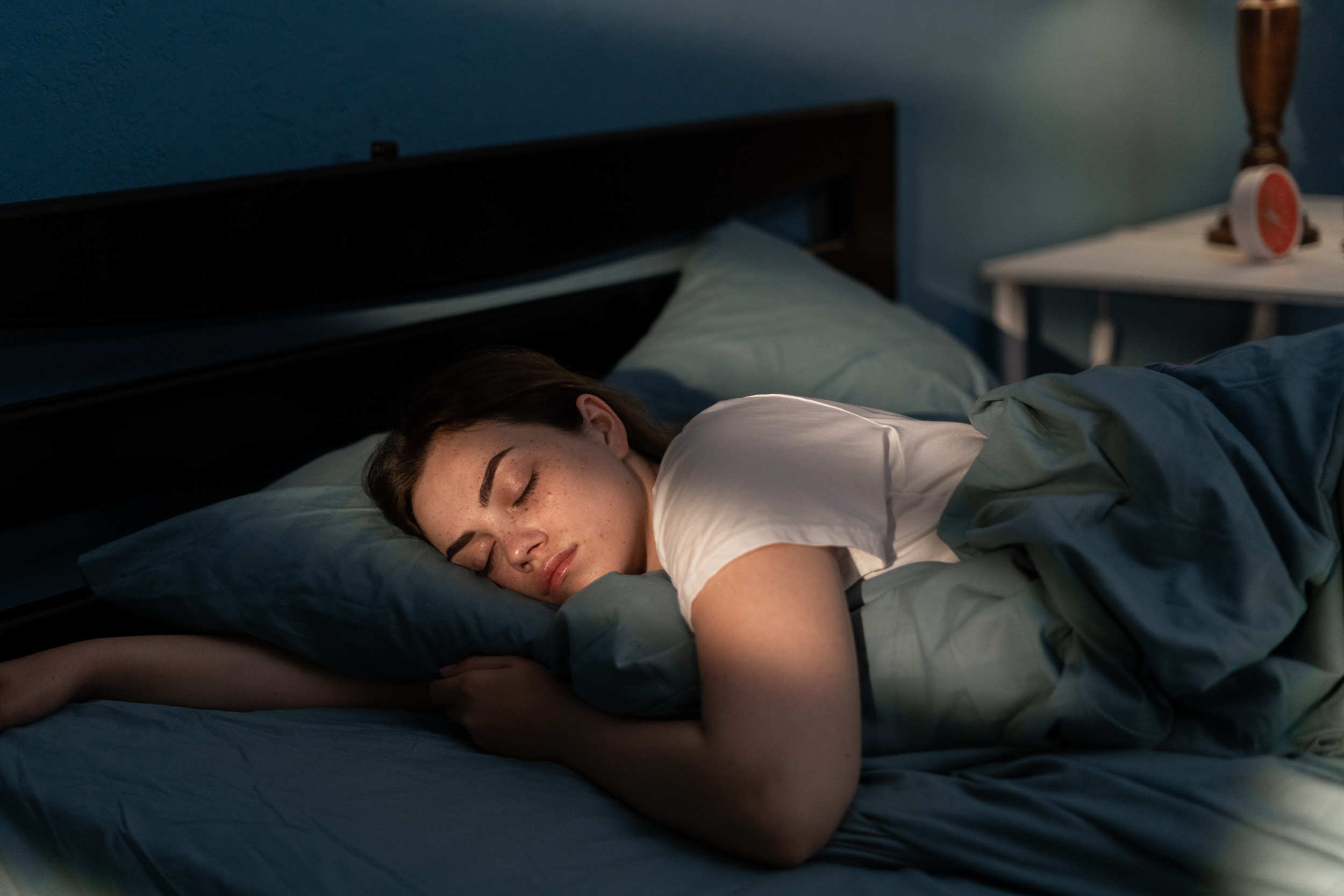A recent study presented at the European Society of Cardiology (ESC) suggests that making up for lost sleep over the weekend could potentially lower the risk of heart disease by as much as 20%. This finding challenges earlier recommendations that emphasized maintaining a consistent sleep schedule without indulging in lengthy weekend rest.
The research, which analyzed data from 90,903 participants in the UK Biobank project, found a significant link between adequate compensatory sleep and a reduced risk of developing heart disease. Co-author Yanjun Song from China’s National Center for Cardiovascular Disease explained that this association is particularly strong among those who tend to skimp on sleep during the weekdays.
Out of the subjects, around 21.8% identified as sleep deprived, consistently getting less than seven hours of sleep per night. The researchers categorized participants into four groups based on the amount of sleep they caught up on during weekends.
After following participants for an average of 14 years and examining hospital and death records related to heart issues, it became clear that those who slept the most on weekends had a 19% lower likelihood of developing heart disease. This was even more pronounced for those who routinely struggled with sleep during the week, showing a 20% reduced risk if they took longer weekend naps.

The ESC researchers set out to fill the gap in evidence regarding compensatory sleep and heart health, as previous studies yielded mixed results. For example, a 2020 study found that irregular sleep patterns might disrupt biological rhythms, potentially increasing heart disease risk. Another study from 2019 concluded that weekend sleep could not fully offset the negative health impacts of sleep deprivation during the week.
However, the authors of the ESC study acknowledged some limitations, such as the fact that over three-quarters of participants reported sleeping at least seven hours during the week, which may not accurately reflect the overall situation. Additionally, the reliance on self-reported sleep data could introduce inaccuracies.
The American Academy of Sleep Medicine continues to recommend that adults aim for at least seven hours of sleep each night and stick to a consistent sleep routine.
Reference
Song, Y., Liu, Z. (2024, September 1). Weekend compensatory sleep is associated with reduced risk of heart disease: A prospective UK Biobank-based cohort study. ESC Congress 2024, London. https://esc365.escardio.org/ESC-Congress/sessions/11988
